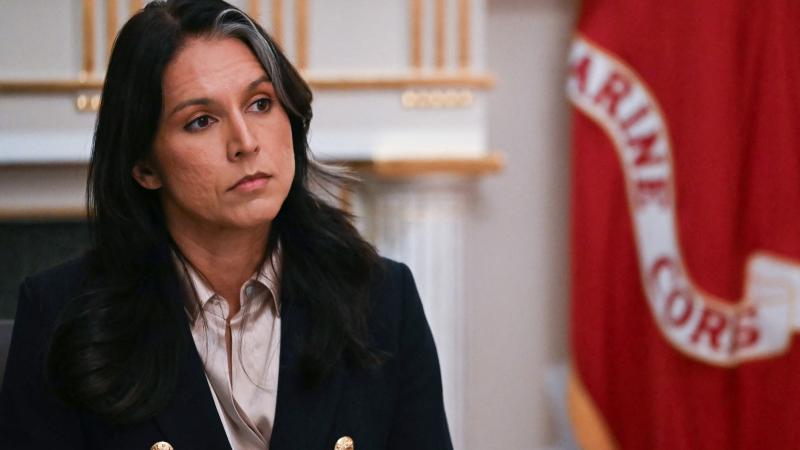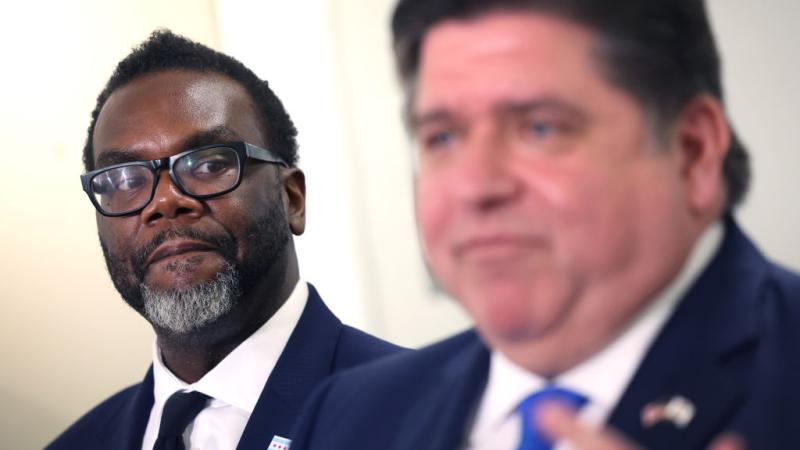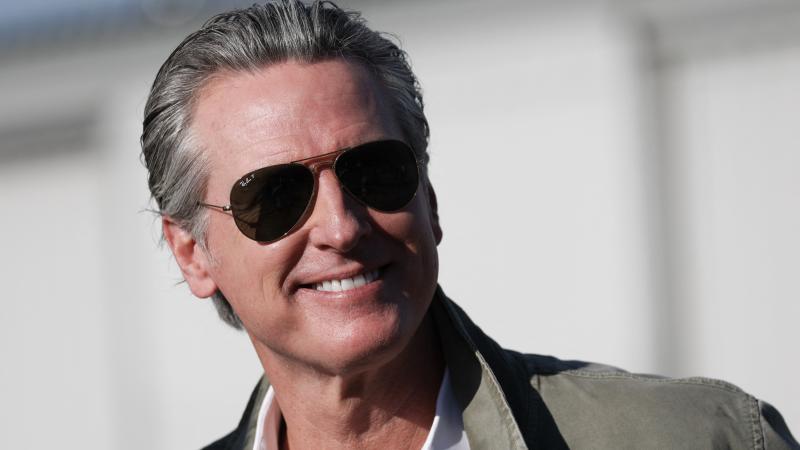Kremlin says Alexei Navalny works with CIA, after Russian says Putin had him poisoned
Navalny fell ill on Aug. 20 while on board a flight from Siberia to Moscow. European specialists said he was poisoned with Novichok, a Soviet era nerve agent.
The Kremlin on Thursday accused a recuperating Alexei Navalny of secretly working with the CIA, after Navalny claimed that Vladimir Putin orchestrated the suspected poisoning that nearly killed the Russian opposition activist.
The spy-agency accusation from Putin spokesman Dmitry Peskov ratchets up the rhetoric surrounding both Navalny and his near-death encounter with what European experts have said is Novichok, a Soviet era nerve agent. Navalny, who has not yet returned to Russia after spending 32 days in a German hospital, threatened to sue Peskov, and demanded that he prove the CIA allegation.
Navalny, 44, fell ill on Aug. 20 while on board a flight from Siberia to Moscow. Video from inside the aircraft that day depicts Navalny screaming in apparent agony. The plane made an emergency landing so that Navalny could receive medical care. He briefly was in a Russian hospital, and was airlifted to Germany, where specialists found that he was poisoned with Novichok.
Healthy enough to recuperate outside of the hospital, Navalny told his story in the Oct. 1 issue of Germany's Der Spiegel magazine. There, he described horrific effects from the toxin.
"It’s hard to describe because there is nothing to compare it with," Navalny said. "Organophosphorus compounds attack your nervous system like a DDos attack attacks the computer – it’s an overload that breaks you."
He also leveled accusations against a powerful foe.
"I assert that Putin was behind the crime, and I have no other explanation for what happened," Navalny told the magazine.
Navalny bolstered his charge, explaining what he said was the process for using the deadly substance.
"The most important fact is Novichok," he said, adding that the nerve agent only can be used when Putin gives the order to one of three top intelligence chiefs.
A top Russian official quickly fired back against the "unfounded," "baseless" and "insulting" charge, casting counter-blame on U.S. intelligence.
"Probably, it is not [Navalny] who works for the Western special services, but that the Western intelligence services who work with him," Putin spokesman Dmitry Peskov said, according to the Moscow-run RT news agency. "I can even be specific: these days, specialists from the Central Intelligence Agency of the United States of America are working with him."
Russia's state-owned Sputnik news outlet quoted European sources who debunked and mocked Navalny's accusation.
Said one Sputnik source: "Would Putin, sitting comfortably in his chair, have any interest in poisoning an opposition leader and making such stupid and transparent moves?"
Another Sputnik source referenced a previous incident wherein ex-Russian spy Sergei Skripal and his daughter Yulia were poisoned in Britain: "Novichok, supposedly the most deadly nerve agent known to man, fails to kill its purported victims: the two Skripals, a police officer and now Navalny. Even more remarkably, Russia continues to use a method of killing that repeatedly fails to accomplish its mission."
Elsewhere, theorists connected Navalny's illness to the proposed Nord Stream 2 undersea gas pipeline from Russia to Germany.
The Hoover Institution's Paul Gregory wrote that Navalny's poisoning raised an important question: "Do Germany and the rest of Europe really want to be energy dependent on a rogue regime that routinely engages in state murder?"
Navalny's health crisis for weeks has prompted international commentary at high levels.
In September, Putin reportedly told French President Emmanuel Macron that Navalny may have poisoned himself.
Also in September, shortly after Navalny was hospitalized in Germany, two members of the House Committee on Foreign Affairs asked President Donald Trump to investigate the incident, saying that it fell under the purview of the Chemical and Biological Weapons Control and Warfare Elimination Act of 1991.
"If the Russian government is once again determined to have used a chemical weapon against one of its own nationals, additional sanctions should be imposed," wrote Representatives Eliot Engel and Michael McCaul in their letter to Trump. "Those responsible for this despicable attack must be held accountable, and Russian President Vladimir Putin must know that he and his cronies will not be allowed to violate international law with impunity."
In the Thursday interview with Der Spiegel, Navalny vowed that he will return home to Russia to continue his opposition campaign.















